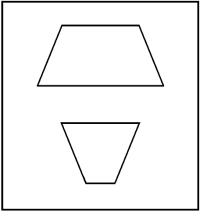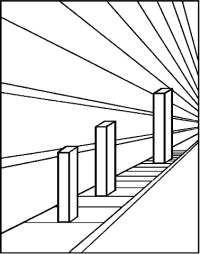Unit 20 Visiting
Pay a visit to visit (usually by previous arrangement)
Also: call on
GRAMMAR NOTE/USAGE NOTES: Thess idioms describe more formal visits that are usually prearranged. An object can be put after the verv in pay a visit.
▪ The country doctor paid a visit to a sick patient on a distant farm.
▪ I made sure to pay Alexandra a visit when I traveled to Chicago.
▪ The salesman called on the manager at the appointed time.
Drop in (on) to visit (usually not by previous arrangement)
Also: drop by, come by, come over
USAGE NOTE: Only the main entry can be used with on, followed by the identity of the person who is visited.
▪ It’s a pleasure to see you again. Please drop in any time.
▪ When Stan dropped in on an old friend, she was quite surprised to see him.
▪ I wanted to drop by earlier, but when it got so late I decided not to come over.
▪ Why don’t you come by tonight and we’ll talk some more?
Swing by to visit (often for the prupose of getting or buying something)
Also: stop by
USAGE NOTE: These forms can also be used for informal visits (see previous entry).
▪ Why don’t you swing by my house to vorrow the tools that you need?
▪ Doreen stopped by the supermarket on her way home from work.
Stop over to visit (usually overnight)
Related form: stopover(noun meaning “short stop”)
USAGE NOTE: Both idioms usually refer to an airplane trip.
▪ On our trip north, we stopped over in San Francisco for two days.
▪ The airplane make a stopover in New York before continuting to Paris.
Get together to meet or gather for a visit
Related form: get-together(noun)
USAGE NOTE: This idiom is used for family gatherings and other group visits.
▪ All of my relatives get together at Thanksgiving for a turkey feast.
▪ If you’d like, we can have a get-together this weekend in my backyard.
Show in to guide someone idside, especially into one’s home.
Also: come on in
GRAMMAR NOTE: Show in is separable. Come on in is an invariable expression.
▪ Someone is knocking at the door. Could you show them in?
▪ Hey, Joe, I’m glad you could make it. Come on in!
make oneself at home to relax by removing one’s coat, sitting down, and getting comfortable
USAGE NOTE: This idiom is used when guests first arrive.
▪ I’m glad you could come. Please make yourself at home.
▪ Helena’s guests made themselves at home in her warm and cozy living room.
Feel at home to feel comfortable, to be relaxed
USAGE NOTE: This idiom is often used when it takes some time to feel relaxed in a ner environment.
▪ The Jognsons are good hosts. They know how to make their guests feel at home.
▪ It’s difficult to feel at home in a foreign country where you don’t speak the language.
Take a seat to sit on a couch, chair, stool, or other similar pieces of furniture
▪ Give me your coat and then take a seat in the living room. The meeting will begin soon.
Show out to guide someone out of somewhere such as one’s workplace or home
Also: see out
GRAMMAR NOTE: These idioms are separable.
▪ The zoo ranger had to show out several families that were still in the zoo when it closed.
▪ It was so nice of you to come. Let me see you out.


























 영동대교에서 동호대교와 한남대교를 지나 반포대교 사이 강변남단에 위치해 있고, 길이는 5.4km로 강남 제일의 번화가인 압구정동, 신사동, 잠원동이 있는 강남구와 서초구에 인접해 있습니다.
영동대교에서 동호대교와 한남대교를 지나 반포대교 사이 강변남단에 위치해 있고, 길이는 5.4km로 강남 제일의 번화가인 압구정동, 신사동, 잠원동이 있는 강남구와 서초구에 인접해 있습니다.





